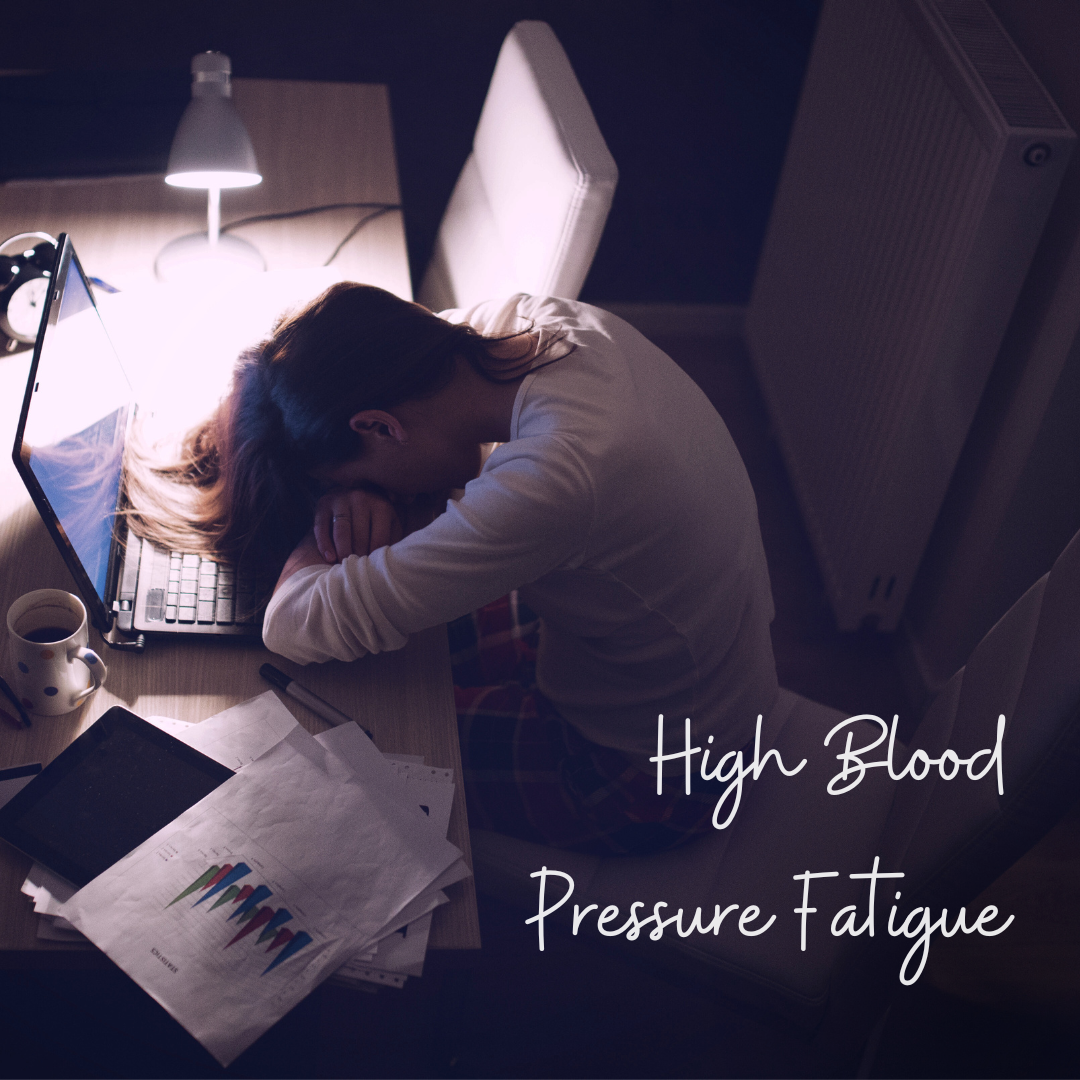Your shopping bag is empty
How a Person with Bipolar Thinks: A Deep Dive
- Posted by: Enquiry Admin
- Comments: 0
- Categories: Health
Bipolar disorder, formerly known as manic-depressive illness, is a mental health condition characterized by extreme mood swings that include emotional highs (mania or hypomania) and lows (depression). However, understanding how a person with bipolar thinks involves delving into these shifting mental states, and examining the cognitive processes during manic and depressive episodes. This article will also consider the impact of these fluctuations on daily life.
Understanding Bipolar Disorder
Bipolar disorder affects millions of people worldwide. It is a complex condition that influences thoughts, emotions, and behaviors. In fact, the way a person with bipolar disorder thinks can be vastly different from someone without the condition, due to the intense emotional states that accompany it.
Manic Episodes
During a manic episode, a person with bipolar disorder may experience heightened energy levels, euphoria, and an inflated sense of self-esteem. Thoughts may race, and the individual might feel invincible. Also, this period can lead to impulsive decision-making and risky behaviors, as the person’s judgment is often impaired.
Depressive Episodes
Conversely, depressive episodes bring about feelings of sadness, hopelessness, and a lack of energy. Thoughts can become overwhelmingly negative, and the person might struggle with feelings of worthlessness or guilt. In addition, concentration can be severely impaired, and even simple tasks may feel insurmountable.
How a Person with Bipolar Thinks
Understanding how a person with bipolar thinks requires recognizing the cognitive distortions and emotional extremes characteristic of this disorder. Also, their thought processes are heavily influenced by whether they are in a manic or depressive state.
The Manic Mindset with Bipolar Disorder
During mania, the brain is flooded with high levels of neurotransmitters such as dopamine and norepinephrine. This biochemical surge leads to rapid, disjointed thoughts and grandiose ideas. At this stage, one might believe they have special talents or powers, leading to overconfidence and unrealistic plans.
The manic mindset always have a sense of urgency and restlessness. A person may speak quickly, jumping from one idea to another. Hence, it is sometimes difficult for others to follow their train of thought. This hyperactivity can be exhilarating but also exhausting and can lead to burnout once the manic phase subsides.
The Depressive Mindset
In contrast, the depressive phase is dominated by a deficiency of neurotransmitters like serotonin and norepinephrine. This results in slow, sluggish thinking and pervasive negativity. A person might ruminate on past failures or mistakes, leading to feelings of profound despair.
The depressive mindset often involves cognitive distortions such as black-and-white thinking, where situations are viewed as entirely good or bad, and catastrophizing, where one anticipates the worst possible outcome. Also these distorted thoughts can make everyday challenges feel insurmountable and sap a person’s motivation to engage in daily activities.
Coping Mechanisms and Strategies in Bipolar Disorder
Managing bipolar disorder involves a combination of medication, therapy, lifestyle changes, and coping strategies. Understanding how a person with bipolar thinks can aid in developing effective approaches to manage their symptoms.
Medication
Medications such as mood stabilizers, antipsychotics, and antidepressants are often prescribed to help regulate mood swings. Also, it’s crucial for individuals to work closely with their healthcare provider to find the right medication and dosage, as this can significantly impact their thought processes and overall stability.
Therapy
Cognitive-behavioral therapy (CBT) and other therapeutic approaches can help individuals with bipolar disorder recognize and modify harmful thought patterns. In fact, therapy provides a safe space to explore feelings, develop coping skills, and learn strategies to manage stress and prevent relapse.
Meditation
Meditation can be a powerful tool for individuals with bipolar disorder. It helps cultivate mindfulness, allowing a person to observe their thoughts without becoming overwhelmed by them. Regular meditation practice can reduce stress, enhance emotional regulation, and improve overall mental well-being.
Positive Affirmations
Positive affirmations are another useful strategy. By repeating encouraging statements, individuals can challenge and reframe negative thoughts. Affirmations such as “I am capable and strong” or “I can handle whatever comes my way” can counteract the pervasive negativity experienced during depressive episodes.
The Role of Support Networks for Person with Bipolar Disorder
Support from family, friends, and support groups is invaluable for individuals with bipolar disorder. Understanding how a person with bipolar thinks can foster empathy and patience among loved ones, creating a supportive environment that encourages open communication and mutual understanding.
Family and Friends
Family and friends can play a crucial role by offering emotional support, helping to monitor symptoms, and encouraging adherence to treatment plans. Educating themselves about bipolar disorder can enable them to provide better support and reduce the stigma associated with the condition.
Support Groups
Joining a support group allows individuals with bipolar disorder to connect with others who share similar experiences. These groups provide a sense of community, reduce feelings of isolation, and offer practical advice for managing the disorder.
Living with Bipolar Disorder
Living with bipolar disorder is a lifelong journey that requires ongoing management and adaptation. Understanding how a person with bipolar thinks is essential for developing effective coping strategies and fostering resilience.
Routine and Structure
Maintaining a routine can provide stability and reduce stress. Regular sleep patterns, balanced nutrition, and consistent exercise are fundamental components of a healthy lifestyle for individuals with bipolar disorder.
Monitoring Mood Changes
Keeping a mood journal can help individuals track their emotional fluctuations and identify potential triggers for manic or depressive episodes. This self-awareness is crucial for early intervention and preventing severe mood swings.
Self-Care
Engaging in self-care activities, such as hobbies, socializing, and relaxation techniques, can improve overall well-being. It’s important for individuals with bipolar disorder to prioritize self-care and make time for activities that bring joy and fulfillment.
Conclusion on How a Person with Bipolar Thinks
Understanding how a person with bipolar thinks is key to empathizing with their experiences and providing effective support. Bipolar disorder involves complex and fluctuating thought processes influenced by biochemical changes in the brain. By recognizing the cognitive patterns associated with manic and depressive episodes, and implementing strategies such as medication, therapy, meditation, and positive affirmations, individuals with bipolar disorder can lead fulfilling lives.
Support from loved ones and a structured routine further enhance stability and well-being. With the right tools and understanding, managing bipolar disorder is possible, allowing individuals to navigate their emotional landscape with resilience and hope.
References
- National Institute of Mental Health - Bipolar Disorder
- Mayo Clinic - Bipolar Disorder
- American Psychological Association - Understanding Bipolar Disorder
- Mental Health Foundation - Living with Bipolar Disorder
By focusing on these insights and strategies, we can better support those living with bipolar disorder and appreciate the unique ways in which their minds work.












